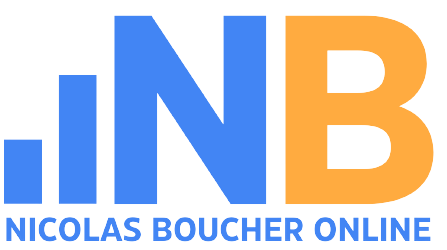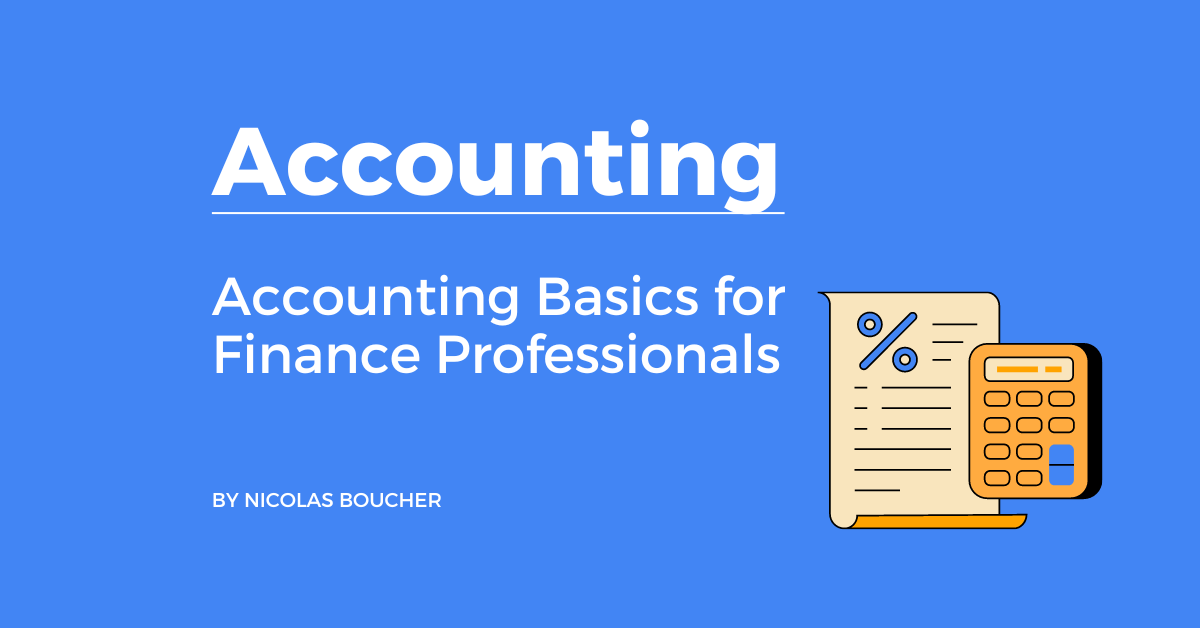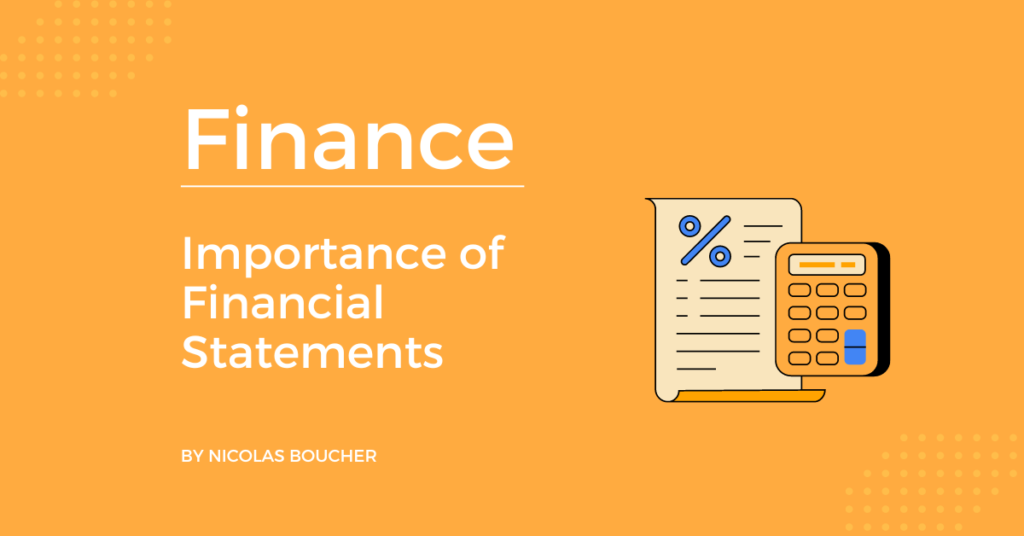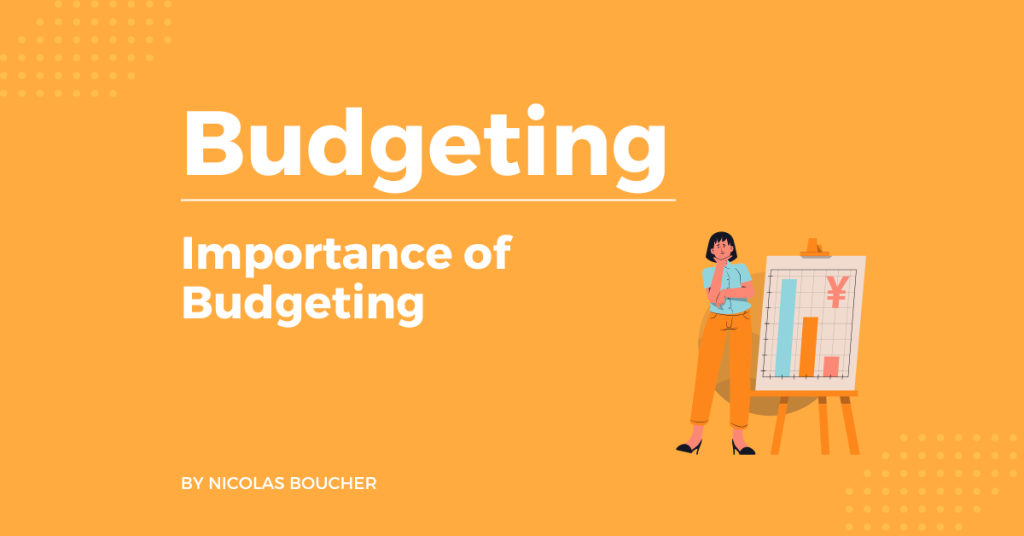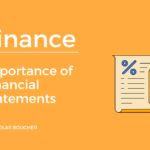Do you know that the accounting basics are important for finance professionals? Accounting is a fundamental aspect of business and finance that involves keeping track of financial transactions, preparing financial statements, and analyzing financial data.
Therefore, as a finance professional working in the accounting department of a finance company, it is essential to have a strong understanding of accounting basics. In this blog, we will discuss 10 accounting basics that every finance professional should know.
Table of Contents
10 Accounting Basics for Finance Professionals
Here are the 10 accounting basics every finance professional should know.
#1: The Accounting Equation
The accounting equation is a fundamental concept in accounting that states that assets must equal liabilities plus equity. Furthermore, it is the foundation of the balance sheet and ensures that financial statements are accurate.
The accounting equation:
Assets = Liabilities + Owners’ Equity.
#2: The Balance Sheet
The balance sheet is a financial statement that provides a snapshot of a company’s financial position at a specific point in time. It’s a financial statement that shows a company’s assets, liabilities, and owner’s equity at a specific point in time.
#3: The Income Statement
It’s the second type of financial statement. It shows a company’s revenues, expenses, and net income over a period of time. Also, professionals use it to determine a company’s profitability.
#4: The Statement of Cash Flows
This is the third financial statement. It shows how a company’s cash has changed over a period of time, including cash inflows (such as revenues) and outflows (such as expenses). Therefore, you can use it to determine a company’s liquidity and cash flow.
#5: Debits and Credits
They are the foundation of double-entry accounting, which is the practice of recording transactions in two accounts in order to maintain the integrity of the accounting equation. Debits are used to record increases in assets and decreases in liabilities and equity, while credits are used to record increases in liabilities and equity and decreases in assets.
#6: The Chart of Accounts
It’s a list of all the accounts that a company uses it in its general ledger. Where each account, has a unique number for identification purposes.
#7: The General Ledger
The GL is a record of all a company’s financial transactions, with each transaction being recorded in the appropriate account. It is used to prepare financial statements and to ensure that all transactions are accurately recorded.
#8 The Accrual Basis of Accounting
It’s the practice of recognizing revenues and expenses when they are earned or incurred, rather than when they are paid or received.
#9: The Matching Principle
It’s the practice of matching revenues and expenses in the same accounting period, in order to accurately reflect a company’s financial performance during that period. Professionals use it to ensure that financial statements accurately reflect a company’s financial performance.
#10: The Principles of Conservatism and Materiality
It means being conservative in estimating the value of assets and liabilities, and only recording transactions that are material (significant) enough to affect a company’s financial statements.
The Bottom Line – Accounting Basics Are Important for Finance
In short, accounting is a critical function in any business or organization.
By understanding these 10 accounting basics, finance professionals can prepare accurate financial statements, analyze financial data, and make informed business decisions.
Therefore, a solid foundation in accounting is essential for anyone working in finance. Also, by mastering these concepts, you can become a valuable asset to your company.
If you want to receive more finance tips like this, feel free to sign up for my newsletter. If you subscribe, every two weeks, you will receive an email from where I share best practices, career advice, templates, and insights for Finance Professionals.
